Continuing to produce potatoes with a smaller armoury of pesticides and desiccants is something growers need to cope with, according to AHDB. This week at the Potatoes in Practice event, Claire Hodge of AHDB explained to attendees that the Strategic Potato Farm Network is carrying out a variety of trials to ensure growers have effective alternatives for banned chemicals, such as diquat and CIPC.
The trials are currently being undertaken at the five network farms – based in Perthshire, West Suffolk, Shropshire, Somerset and North Lincolnshire.
“The industry has lost both diquat for burndown and CIPC for storage, in quick succession, and this trend is likely to continue,” said Hodge.
“Our strategic farms are ideally placed to help growers find alternatives, as they can trial different practices in a commercial environment and make sure the results are swiftly shared with growers.”
In terms of the loss of diquat, there are currently replicated trials on both alternative chemical and mechanical methods, which are being run in conjunction with similar work at the James Hutton Institute. These aim to highlight which methods will be most cost-effective for growers in the future.
Two strategic farms – west and north – are trying to find solutions to the loss of CIPC for potato storage. Both sites are trialing different varieties to see which are less prone to sprouting while still being commercially viable, and they are also testing the effectiveness of maleic hydrazide as an alternative chemical treatment.
Other on-farm research includes trap crops (other crops planted nearby which are more attractive to pests), the use of air sprayers (which use less water and should allow a more precise and effective application of fungicide) and chemical alternatives to the herbicide linuron.
Meanwhile, Red Tractor is looking for industry feedback on potential changes to the Safe Haven Standards, which maintain the health status of the UK’s seed potato sector. New standards likely to be added to the scheme cover areas such as water use, storage best practice and traceability.
The consultation will be emailed directly to levy payers and industry bodies, and will also be available on the AHDB and Red Tractor websites from 19 August for around six weeks.



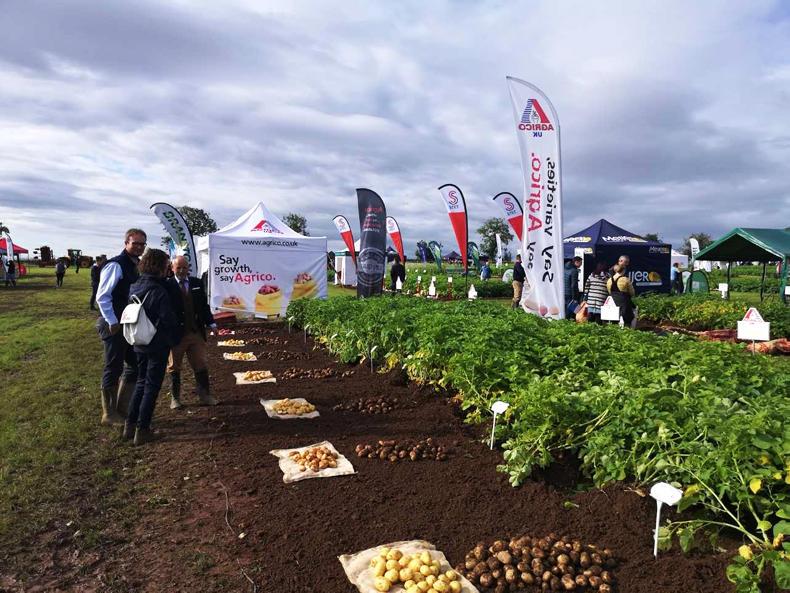

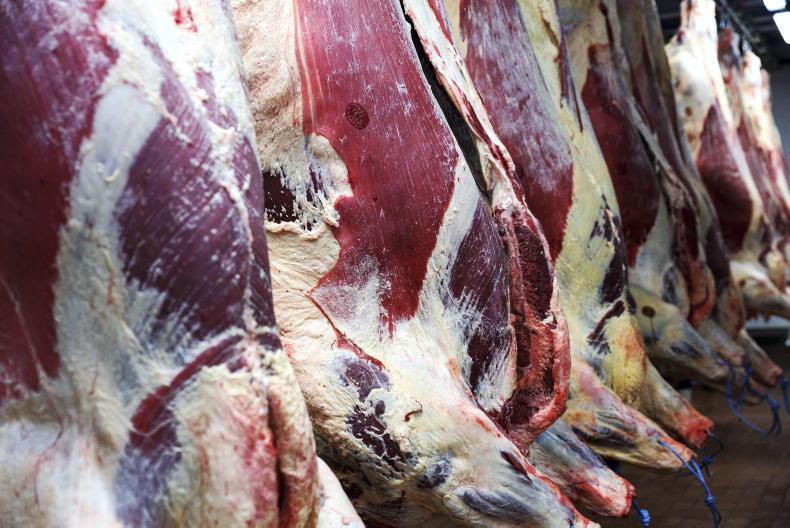

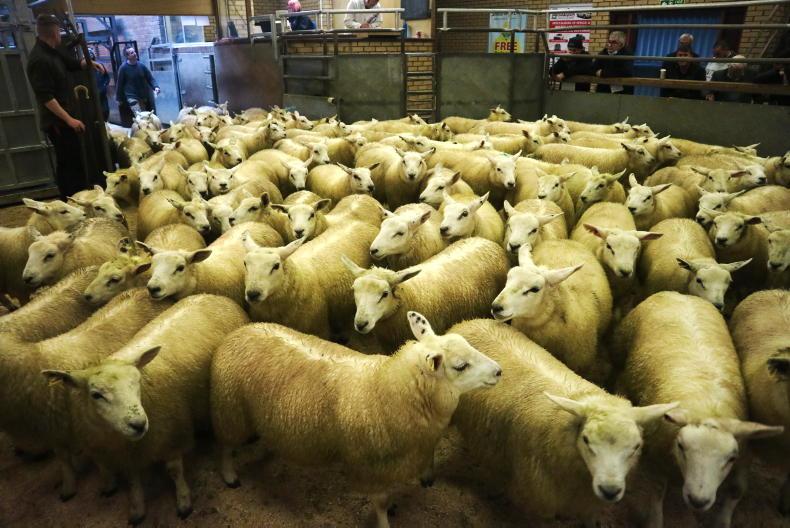
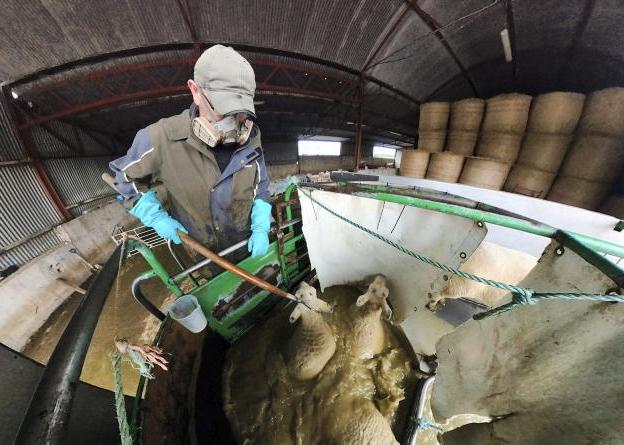
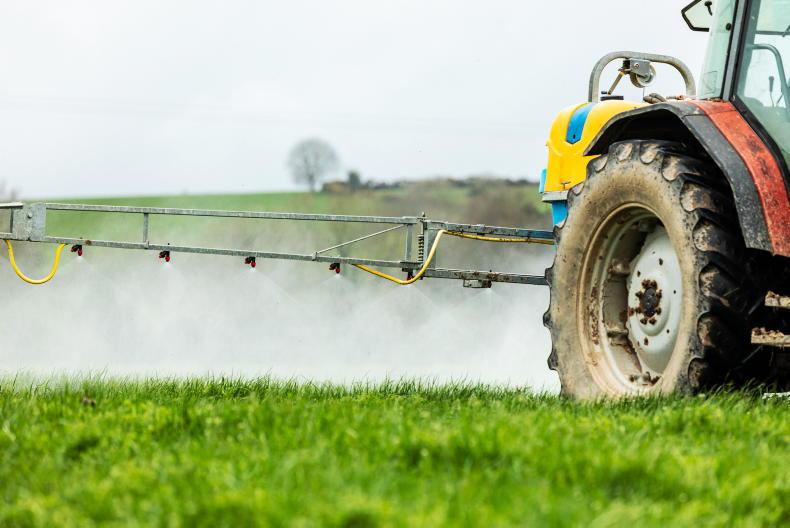
SHARING OPTIONS